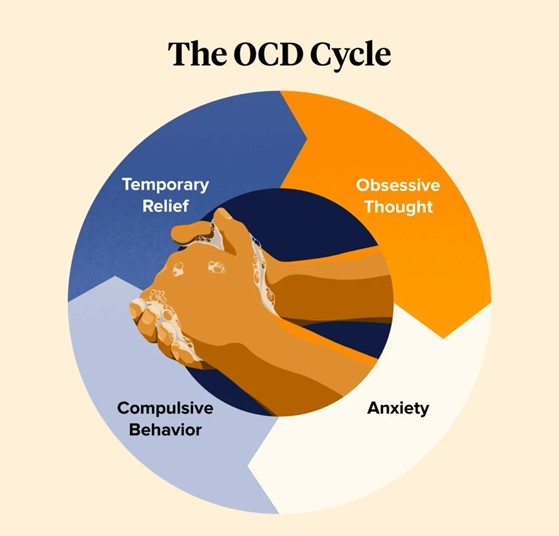A nurse is caring for a client with whom he has developed a therapeutic relationship and who will be discharged later in the day. The client thanks the nurse for his help during the hospitalization. Which of the following responses should the nurse make?
"Aren't you excited about being discharged today?"
"How do you feel about being discharged?"
"I will send you a note in a few weeks."
"I know you will do well living out in the community."
The Correct Answer is D
"I know you will do well living out in the community.". When a client expresses feelings of gratitude towards a nurse as they are about to be discharged, they are mostly affirming the therapeutic relationship between both parties. The nurse should acknowledge this affirmation clearly, warmly, and humbly, while encouraging the client's progress and independence. Choice D, "I know you will do well living out in the community" acknowledges the client's progress and offers encouragement.
Choice A, "Aren't you excited about being discharged today?" is a closed question that does not encourage the client's progress.
Choice B, "How do you feel about being discharged?" is not the best response because it is too broad.
Choice C, "I will send you a note in a few weeks" does not offer affirmation and encouragement to the client.
Nursing Test Bank
Naxlex Comprehensive Predictor Exams
Related Questions
Correct Answer is C
Explanation
The nurse should determine the presence and degree of suicidal risk when caring for a client who has a depressive disorder, is in alcohol withdrawal, and reports a recent job loss. This intervention is the priority because the client is at increased risk of suicidal ideation or behavior due to the combination of depression, alcohol withdrawal, and recent job loss. Identifying support groups in the community for long-term treatment.
choice A and referring the client to a mental health care provider for evaluation and treatment.
choice D are important interventions but are not the priority at this time. Assisting the client to identify the negative effects of chemical dependency.
choice B may be necessary but does not address the priority concern of suicidal risk.
Correct Answer is ["B","D","E"]
Explanation
The client with OCD may experience difficulty relaxing and often feels tense, anxious, and irritable. They may engage in rule-conscious behavior and exhibit perfectionist tendencies, as well as experience compulsive behaviors. These behaviors may be time-consuming and interfere with daily activities.

Option A is incorrect because irrational fear of certain objects is more indicative of a phobia than OCD.
Option C is incorrect because clients with OCD are usually aware of their compulsions and may even try to resist them.
Reasons why the other options are not correct answers:
Option A: Irrational fear of certain objects is more indicative of a phobia than OCD.
Option C: Clients with OCD are usually aware of their compulsions and may even try to resist them.
Whether you are a student looking to ace your exams or a practicing nurse seeking to enhance your expertise , our nursing education contents will empower you with the confidence and competence to make a difference in the lives of patients and become a respected leader in the healthcare field.
Visit Naxlex, invest in your future and unlock endless possibilities with our unparalleled nursing education contents today
Report Wrong Answer on the Current Question
Do you disagree with the answer? If yes, what is your expected answer? Explain.
Kindly be descriptive with the issue you are facing.
